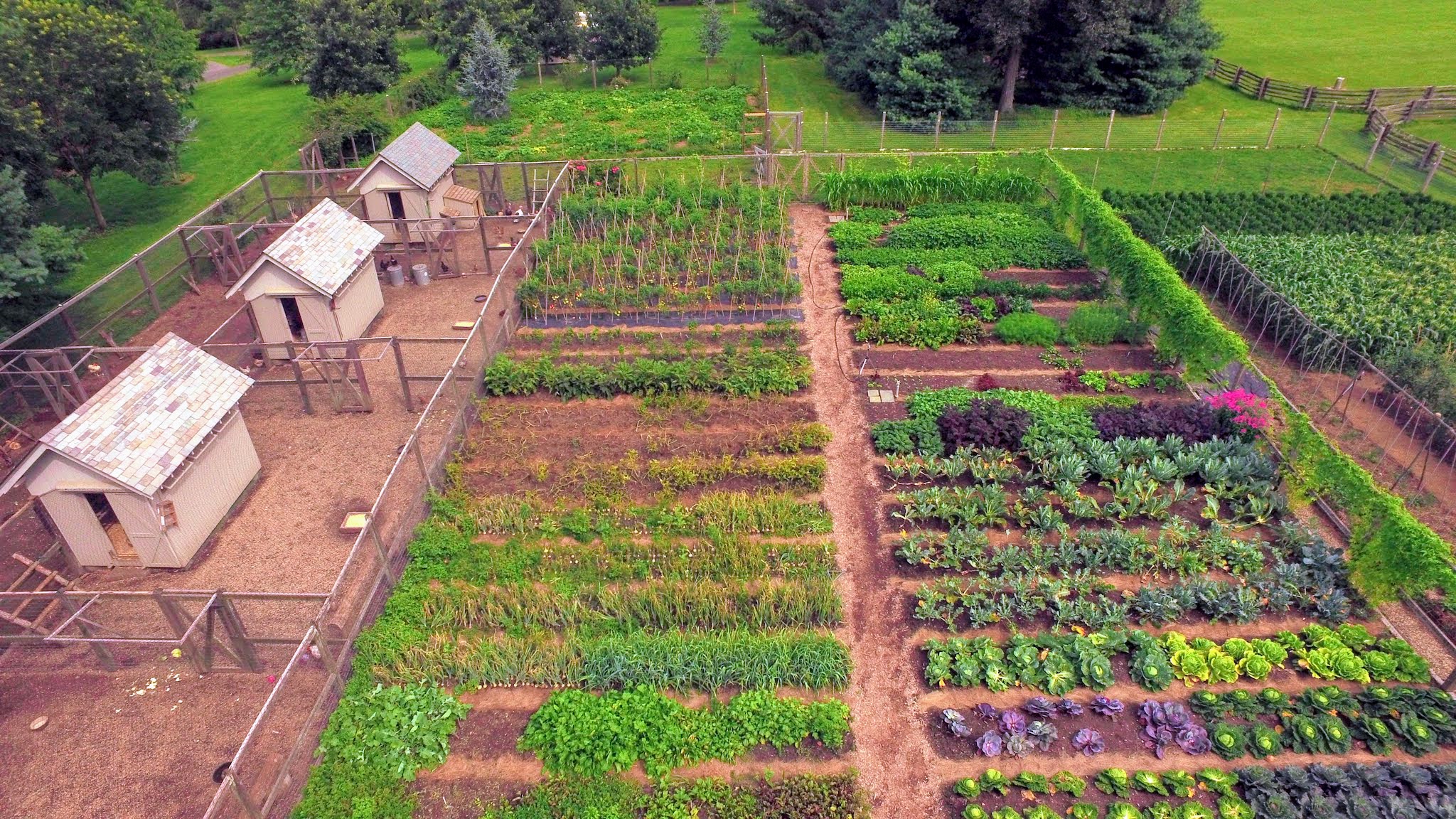
Title: Unleashing Agricultural Potential: Choosing and Buying a Farm or Cottage with Suitable Soil for Growing Crops in Israel
Introduction: Choosing and buying a farm or cottage with suitable soil for growing crops in Israel is a profitable venture. Given the diverse farming opportunities in the region, finding the right property requires careful consideration. In this article, we will look at the main tips to help you in the process of choosing and purchasing a farm or cottage with soil that is conducive to successful crop production in Israel.
Determine your crop requirements: Determine the specific crops you intend to grow on the site. Different crops have different soil preferences. Research the soil requirements for your crops, including factors such as soil texture, pH levels, drainage, and nutrient composition. Understanding these requirements will help you determine the most suitable soil type for your farming purposes.
Assess soil quality: Conduct a thorough soil assessment to assess the quality of the land. Soil testing is essential to determine soil fertility, nutrient content, and pH levels. Get a soil analysis from a reputable laboratory to identify any deficiencies or imbalances that may require changes to the soil or management strategies. This information will help you make informed decisions about crop selection and soil improvement.
Explore the agricultural regions: Familiarize yourself with the agricultural regions of Israel. Each region has its own climatic conditions and soil characteristics. Research the specific region in which the property is located and find out what types of crops grow in that area. Consider factors such as temperature, rainfall patterns, and soil composition common in the region.
Assess water availability: Water is a critical resource for growing crops. Assess the availability of water sources on the site, including access to irrigation systems, wells, or water rights. Consider the reliability and sustainability of the water supply, as well as the possibility of introducing water-saving technologies such as drip irrigation or rainwater harvesting.
Consider environmental factors: Consider environmental factors that may affect crop growth. Consider the microclimate, prevailing winds, and potential risks such as frost, hail, or extreme temperatures. Some crops may require specific climatic conditions for optimum growth. Study local climate data and consult with agronomists or agricultural experts to understand the environmental suitability of the property.
Seek expert advice: Seek advice from agricultural experts such as agronomists, extension workers or local farmers who have experience in the region. Consult them for advice on soil suitability, crop selection, and region-specific farming practices. Their knowledge and experience will provide valuable insights and help you make informed decisions throughout the buying process.
Visit and observe nearby farms: Visit nearby farms or agricultural areas in close proximity to the property you are considering. Watch crops being grown and engage in conversations with local farmers. This will give you first-hand knowledge of successful farming practices, crop varieties and issues specific to the region. It will also help you evaluate the compatibility of your chosen crops with the local agricultural landscape.
Perform Due Diligence: Conduct a thorough due diligence before completing your purchase. Review legal documents, land ownership, and any existing agreements or restrictions related to farming. Make sure the property complies with all regulatory requirements for farming, including permits and zoning regulations.
Seek Financial Advice: Develop a comprehensive financial plan that includes the cost of the purchase, potential investment in infrastructure or soil improvement, current operating costs, and projected return on investment. Consult with financial advisors to assess the financial viability and potential risks associated with your farm business.
Engagement with local communities: Build relationships with the local farming community and agricultural organizations. Participate in seminars and training programs to expand your knowledge and connections. Local communities can provide valuable support, guidance, and market access to your crop.
Conclusion: Choosing and purchasing a farm or a cottage with suitable soil for growing crops in Israel requires careful consideration of soil quality, crop requirements, water availability, environmental factors, and expert advice. Through careful research, soil assessment, interviews with agricultural experts and visits to nearby farms, you can make an informed decision that maximizes the potential for successful crop production. Take advantage of the opportunities offered by Israel's agricultural landscape and embark on an exciting farming journey.






